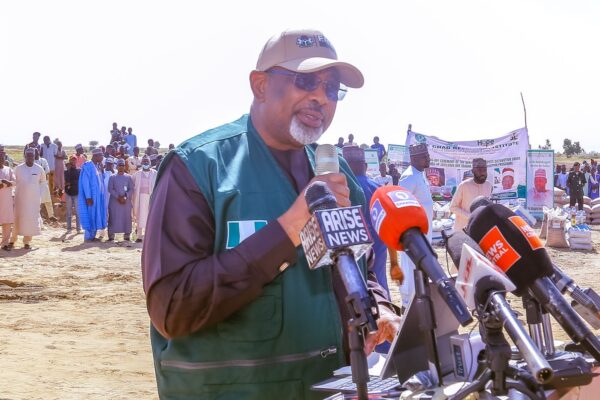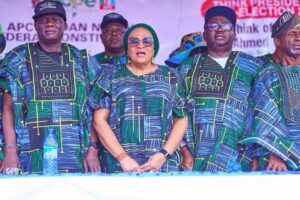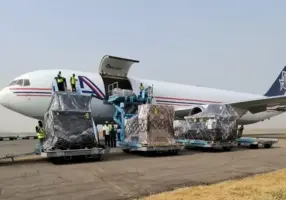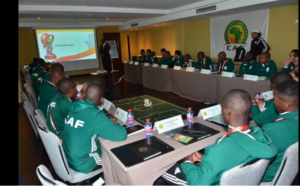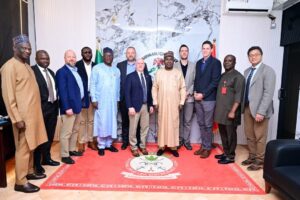The Federal Government has set a production target of about ₦160 billion from wheat cultivation during the 2025/2026 dry season as part of efforts to strengthen food security and reduce reliance on imports.
Minister of Agriculture and Food Security, Sen. Abubakar Kyari, announced the projection on Saturday during the flag-off of the Subsidised Agricultural Inputs Distribution for the 2025/2026 wheat programme under the National Agricultural Growth and Agro Pocket Project (NAGS-AP) in Jere Local Government Area of Borno State.
Kyari disclosed that 40,000 hectares have been allocated nationwide for this season, with 80,000 farmers registered under the NAGS-AP scheme. Borno State will cultivate 3,000 hectares, supported by 6,000 registered farmers.
Reviewing previous seasons, the Minister recalled that: In 2023/2024, a total of 107,429 farmersreceived subsidised inputs, producing wheat valued at ₦474.628 billion, In 2024/2025, 279,297 farmers benefitted from the programme, achieving an estimated output of ₦893.750 billion.
For the current season, the government expects output valued at roughly ₦160 billion.
Kyari added that the programme will deploy Agricultural Extension Agents to guide farmers on modern farming techniques, while fertiliser and seed quality control officers will ensure all inputs meet national standards for higher yields.
READ ALSO: FG Stops 15% Import Tax On Petroleum Products
He noted that the wheat component of NAGS-AP spans 16 states: Adamawa, Bauchi, Borno, Cross River, Gombe, Kaduna, Kano, Kebbi, Niger, Plateau, Sokoto, Taraba, Yobe, and Zamfara.
Read Also
He said the inclusion of Cross River last year marked the first expansion of wheat production into southern Nigeria.
The Minister emphasised that the initiative is structured to accommodate women and young people, ensuring equitable access to inputs, training, and farming opportunities.
Speaking at the event, Borno State Governor, Prof. Babagana Zulum, commended the Federal Government for its ongoing support for irrigation development, saying President Bola Ahmed Tinubu’s commitment to food security underpins programmes like NAGS-AP.
Zulum said Borno, with its extensive arable and irrigable land particularly around the Lake Chad Basin remains one of Nigeria’s most promising agricultural hubs.
He described the launch as a “celebration of hope and resilience,” adding that the state continues to push for self-sufficiency despite displacement, insecurity, and climate-related challenges.
He reaffirmed his administration’s commitment to year-round farming through investments in infrastructure, machinery, improved seeds, fertilisers, agrochemicals, and other inputs that boost farmer productivity.
Representing smallholder farmers, Alhaji Haruna Umaru pledged that the farming community would work towards expanding wheat production in line with President Tinubu’s Renewed Hope Agenda for the agricultural sector.
The event ended with the distribution of subsidised inputs to smallholder farmers.

